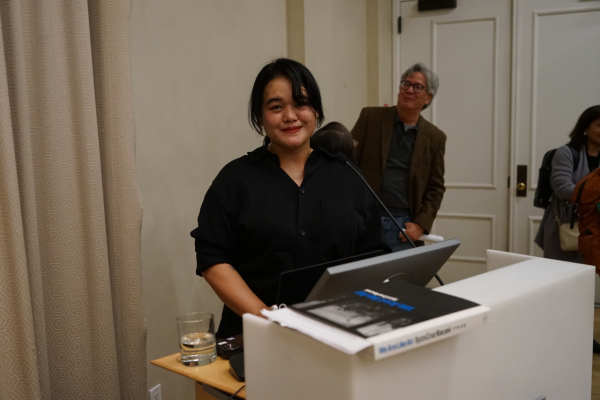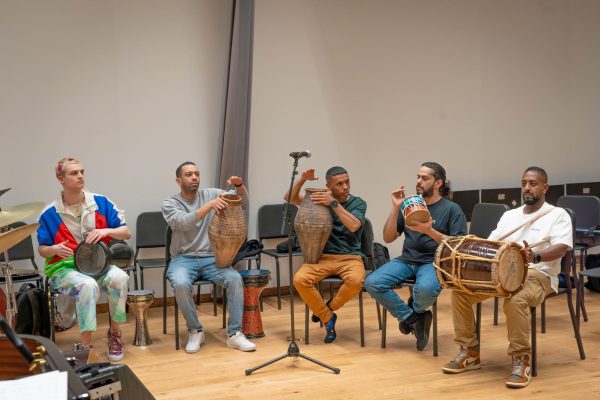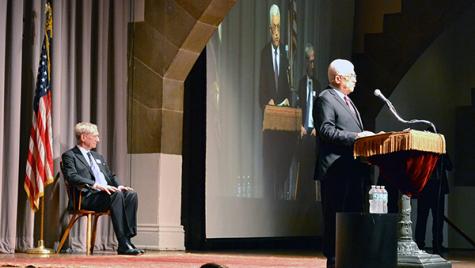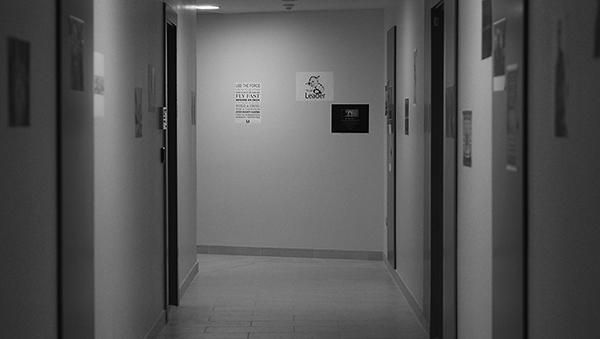From the Emirates: New residence policies cause tension
Related Stories
At the beginning of the Fall 2014 semester, students were informed that Residential Assistants would be conducting periodic rounds of all the residential floors in the Saadiyat campus.
The rounds have been scheduled at 10pm and 12am on weeknights and 11pm and 1am on weekends.
In informal conversations with The Gazelle, Dean of Residential Education Ken Grcich said that these rounds were worthwhile as RAs could make sure that furniture remained in the lounges, among other duties.
In addition to the rounds, students were advised that there will no longer be any warnings for noise violations or any other violations and that instead, students would have their names noted by their RA or the RA on duty at the first report of a violation. These names would then be given to The Office of Residential Education.
Some students noted that these new policies would create a change in the relationship between students and their RAs, who are simultaneously students and employed by Residential Education.
“It seems [like] they’re police officers, security guards essentially,” said Senior Corey Meyer. “It puts them on a totally different level to the students.”
Junior Krishan Mistry said that this policy would not change his relationship with his RA. However, he noted that the relationship would change with those RAs on duty.
“I think there’s definitely going to be an incident where someone’s trying to do their job as an RA [and] attract a lot of attention and frustration because of the way they acted,” Mistry said.
Meyer also noted that the new policy reduced the ability for students to host gatherings which are accepted by their roommates and neighbours.
“I think these rounds eliminate this chance for students who want to host a gathering and ask their neighbours below and above and next door if it’s ok and the neighbours say it’s not going to disturb my community,” Meyer said.
Mistry suggested that greater engagement and awareness would create less friction between the administration and students.
“It verges on ignorance to think that [Residential Education] can really like eliminate [prohibited activity] … I think students would be a lot less frustrated and [administration] would have a [much] easier time if they were like ‘if this is going to happen how are we going to make this safe and not disturbing to others, rather than how do we not have this happen,’” Mistry said.
A version of this article appeared in the Sept. 8 print edition. Email Connor Pearce at [email protected].













































































































































































